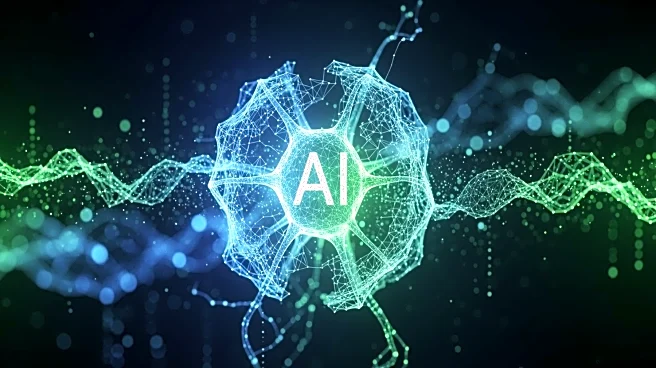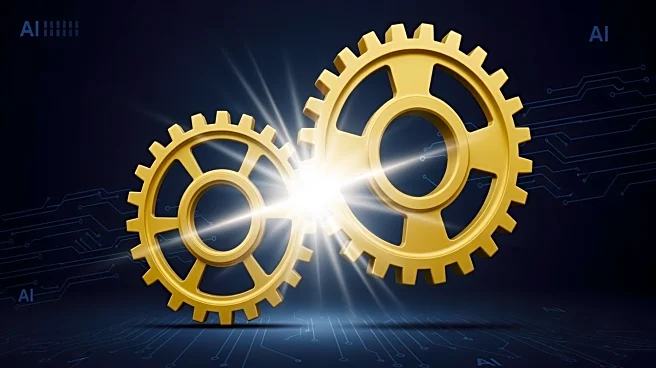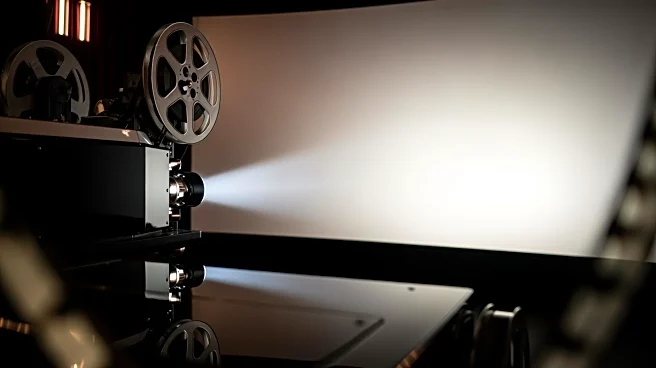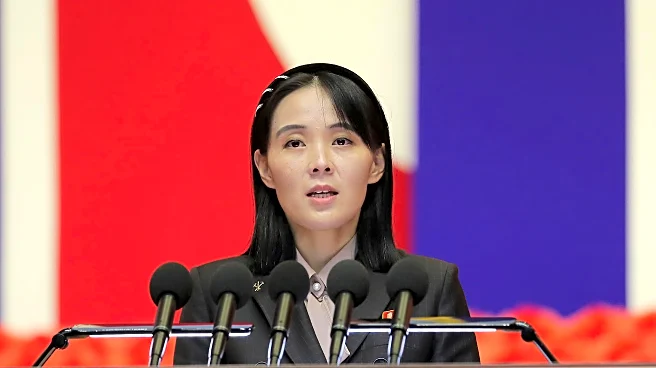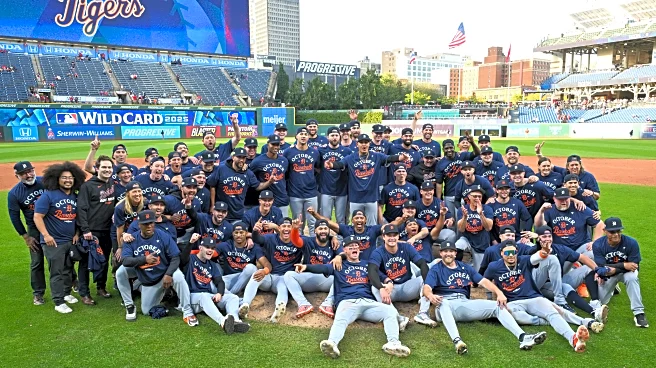What's Happening?
The freelance economy in the U.S. is experiencing significant changes due to the increasing use of AI technology. Freelancers and small business owners are finding that AI tools can enhance productivity but also drive down wages and stifle creativity.
While AI lowers the barrier to entry for new freelancers, it also creates competition that can reduce earnings for established professionals. The impact of AI is particularly felt in creative fields, where tools like ChatGPT and DALL-E are used to produce content, leading to a decrease in demand for human-generated work.
Why It's Important?
The integration of AI into the freelance economy has broad implications for the workforce and the nature of work itself. As AI tools become more prevalent, they offer opportunities for increased efficiency and lower costs, benefiting budget-conscious clients. However, this shift also poses challenges for freelancers, who may struggle to maintain competitive pricing and originality in their work. The potential for AI to replace human labor in certain tasks raises concerns about job security and the future of creative industries. Understanding the balance between leveraging AI for productivity and preserving human creativity will be crucial as the freelance economy evolves.
What's Next?
As AI continues to disrupt the freelance industry, freelancers may need to adapt by acquiring new skills and finding ways to differentiate their work from AI-generated content. The demand for high-quality, original work may drive freelancers to focus on areas where human creativity and expertise are irreplaceable. Additionally, the industry may see increased regulation and ethical considerations regarding the use of AI in creative processes. The ongoing evolution of AI technology will likely influence the strategies freelancers employ to remain competitive and relevant in a rapidly changing market.
Beyond the Headlines
The widespread adoption of AI in the freelance economy raises ethical questions about the value of human labor and the potential homogenization of creative output. As AI tools become more capable, there is a risk of diminishing the uniqueness and diversity of creative work, impacting cultural and artistic expression. The reliance on AI for productivity may also affect the development of skills and expertise, as individuals may bypass traditional learning processes in favor of AI-generated solutions. Exploring the long-term implications of AI on creativity and the workforce will be essential as these technologies continue to shape the freelance industry.
